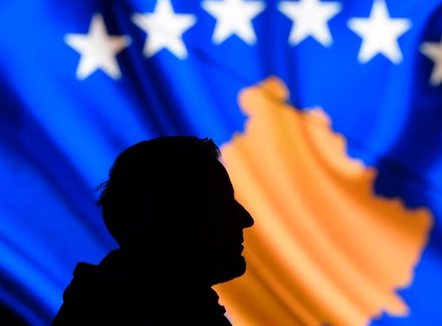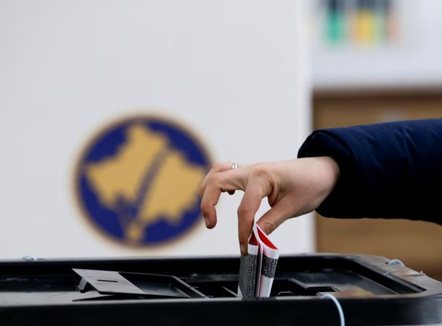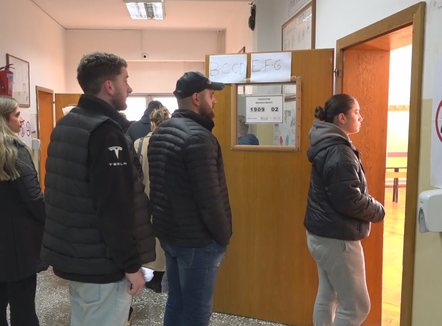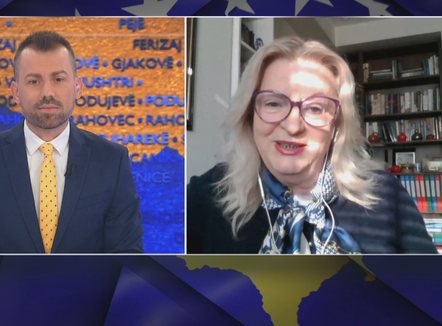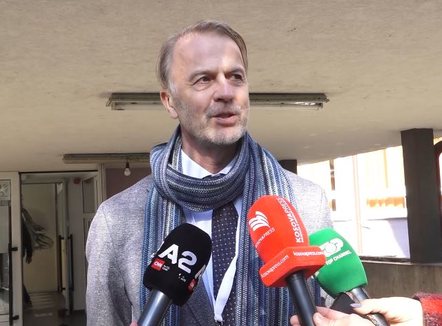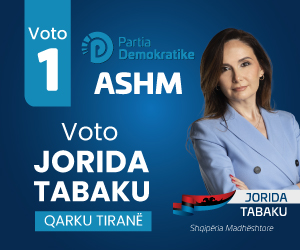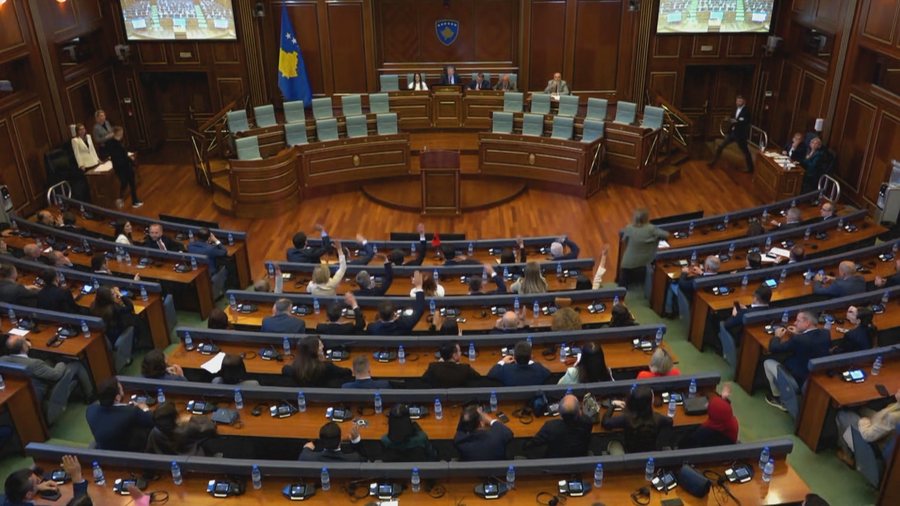
In the absence of the necessary parliamentary majority and with repeated proposals failing to secure the necessary support of 61 votes for the election of the Speaker of the Assembly, an interpretation of the situation by the Constitutional Court is deemed necessary.
The parties seem to have “discovered” an opportunity to delay the vote on the Government, which has clear deadlines, by postponing the constitution of the Assembly of Kosovo, which has no deadlines set in either the Constitution or the regulations.
"Considering that we have some gaps and anomalies in the Constitution regarding the right to propose the first parliamentary group, is the right to propose unlimited, can the same candidate be continuously proposed even though he has proven himself more than 3-4 times to be nominated and elected Speaker of the Assembly, and what happens if a parliamentary majority is not created by the largest parliamentary group to propose and secure the vote of 61 deputies," Vullnet Bugaqku from KDI told A2 CNN.
According to Article 113 of the Constitution, a group of at least 10 deputies may address the Constitutional Court to request interpretation on the procedures and decision-making of the Assembly, including those when a decision is not taken – such as the case with the failure to elect the Speaker of the Assembly.
The Constitutional Court does not write new norms, but can clearly interpret whether a right has been exhausted, giving another parliamentary group the opportunity to guarantee that it has 61 votes.
"It can modify the issue of the right of proposal and can mean that if eventually the real factual situation in Parliament is as a result of a lack of a parliamentary majority and a candidacy has been proposed more than 3 times which has not received the necessary majority of deputies, then the court can emphasize that this aspect of the right of proposal is already exhausted," Bugaqku added.
Currently, the nomination for speaker of parliament belongs exclusively to the party with the largest number of MPs.
In the case of the election of the Government, the winning party enjoys this right only once within 15 days, but if it does not have 61 votes, then this right passes to the one who guarantees that it has the votes.
"The court must clarify that the aspect of the proposal is not absolute, it is not unlimited and it is not at all fair to say that it is not consumed in any form, because this then brings out the logic of the blockage," he underlined.
The parliamentary elections were held on February 9, while the certification of the results was made on March 27. (A2 Televizion)

